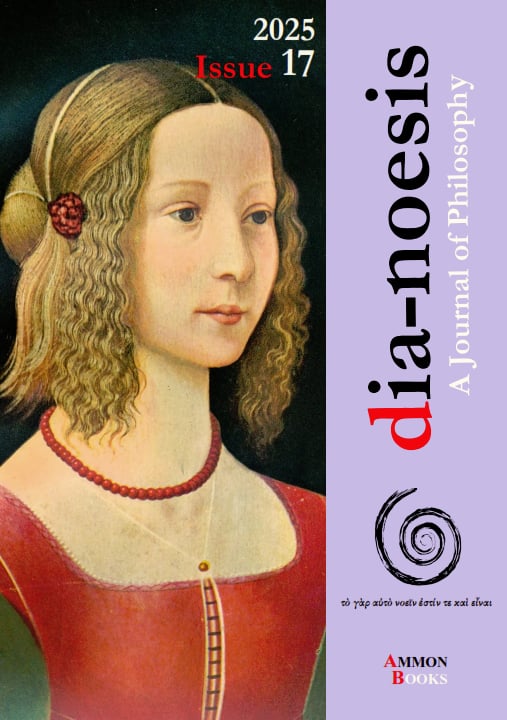Wife Material in a Household Context as presented in Xenophon’s Oeconomicus

Abstract
In this research, certain characteristics of Ischomachus’ wife are reviewed anew, as she is presented in Xenophon's Oeconomicus. Although this topic has received considerable attention in recent years, many aspects of it have been overlooked or investigated with the binoculars of a contemporary moral compass that either underestimates the innovations the text brings to gender relations or overestimates these innovations as an attempt at a fruitless assimilation of womanhood into the male norm. We will examine how certain traditional values of womankind as seen in antiquity are transmitted to the male reality and how, in an innovative way, Xenophon exploits normativity to bring about the best practical outcome that counters the dominant notion of the superiority of the male gender. At the same time, we will take a closer look at unexplored moments in the text where Xenophon indirectly criticizes sophistical teaching and challenges the old phobia that trembled before a woman with masculine elements. It will be shown that Xenophon throws out hints to the reader to address these issues by utilizing literary references.
Article Details
- How to Cite
-
Ganas, S. (2025). Wife Material in a Household Context as presented in Xenophon’s Oeconomicus. Dia-Noesis: A Journal of Philosophy, 17(1), 295–312. https://doi.org/10.12681/dia.41715
- Section
- Articles


